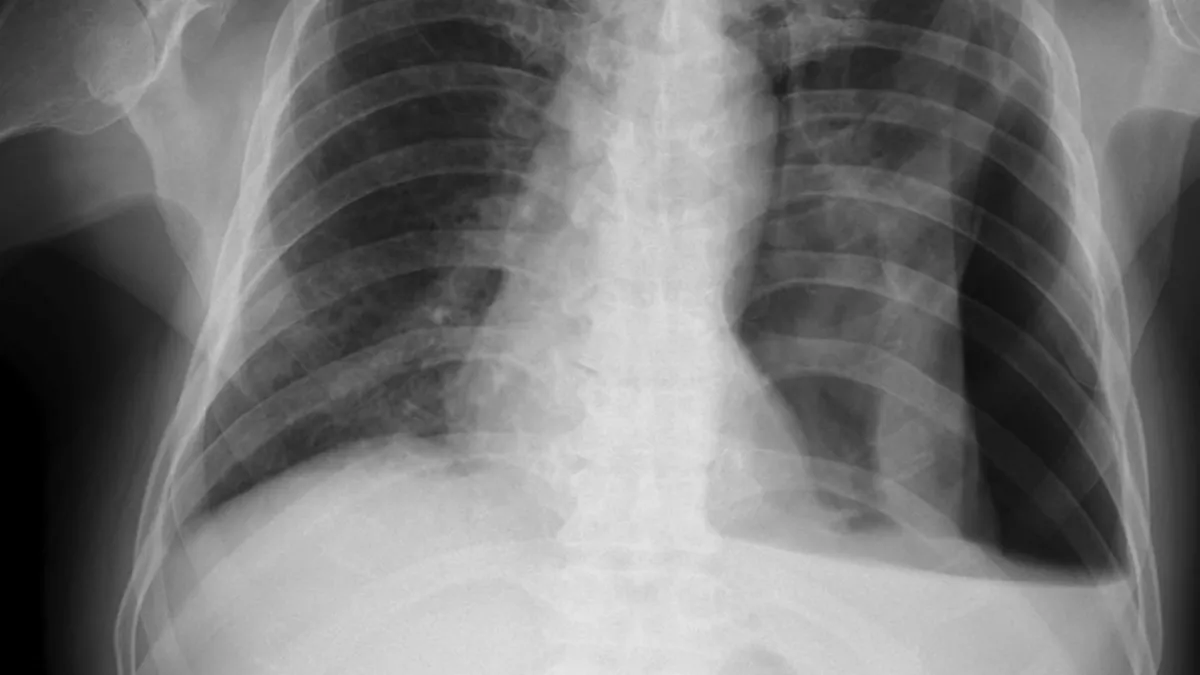Dive Brief:
- Medtech companies will be able to more easily update devices with an artificial intelligence or machine learning component under a new regulatory framework being developed by the Food and Drug Administration.
- On Thursday, the agency shared a draft guidance for “predetermined change control plans,” essentially a set of modifications that device developers can include as part of a marketing submission.
- Typically, medical algorithms are “locked” and do not change after they are cleared by the FDA. The guidance would allow for some modifications, within a predetermined scope reviewed by regulators.
Dive Insight:
As the number of AI-enabled medical devices increases, the FDA has been considering how to best regulate these software components. The idea of a “predetermined change control plan,” a way to enable software to “learn” and change within set boundaries, dates back to a discussion paper in 2019.
For example, a manufacturer that makes software used in an intensive care unit to alert clinicians when a patient’s condition is deteriorating may want to make changes to reduce the false alarm rate, while maintaining the software’s efficacy.
Or, a company that makes software used to recommend ideal ventilator settings for a patient might want to change the machine learning model to optimize its performance for a subset of patients with a particular condition.
In its guidance, the FDA said AI- or machine learning-enabled devices can have a “significant positive impact on healthcare.” Its goal is to create a “least burdensome approach to support iterative improvement through modifications to an AI/ML-enabled device, while continuing to provide a reasonable assurance of device safety and effectiveness.”
The agency outlined what elements device-makers should submit as part of these plans, including a description of the planned modifications, how the company plans to validate and implement the changes, and an impact assessment.
A spokesperson for AdvaMed, the Advanced Medical Technology Association, said the group had no immediate comment on the proposal, but would soon be filing its comments to the FDA.
Medical device companies have until July 3 to comment on the draft.













